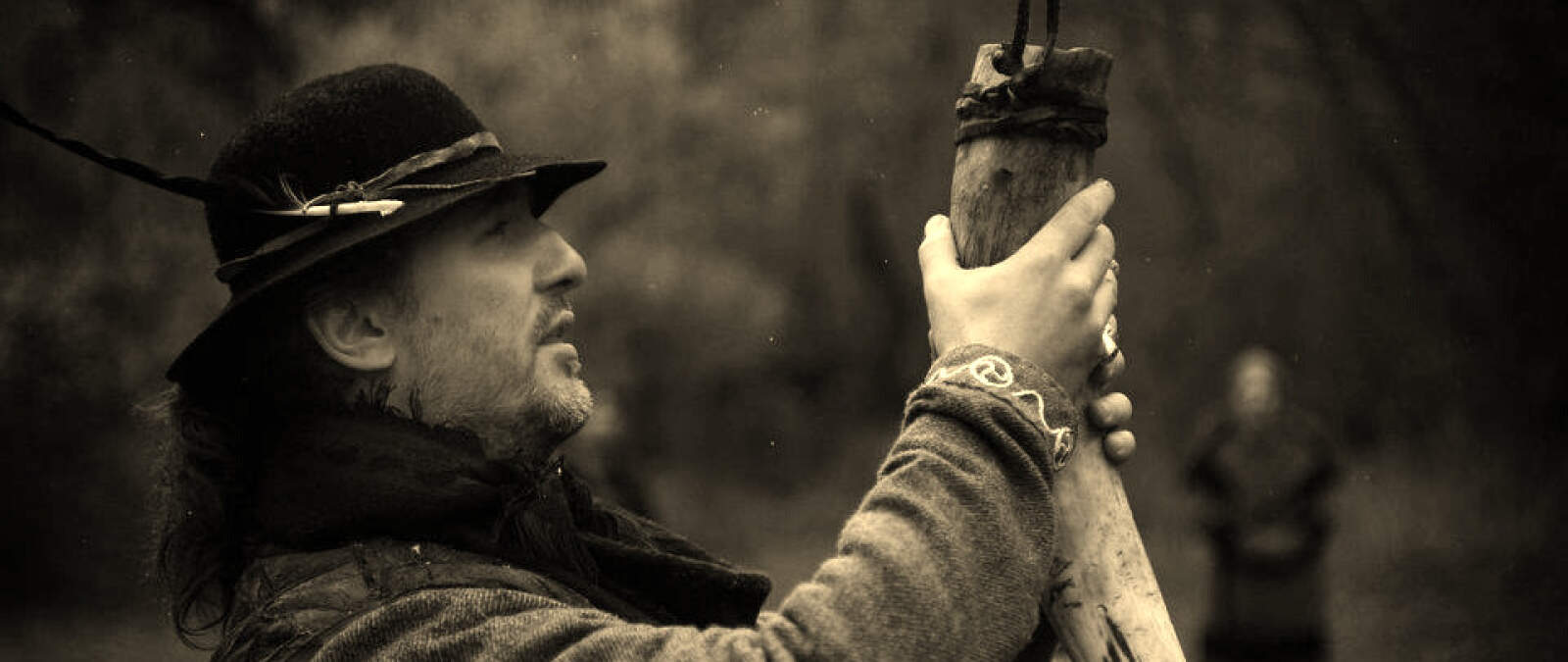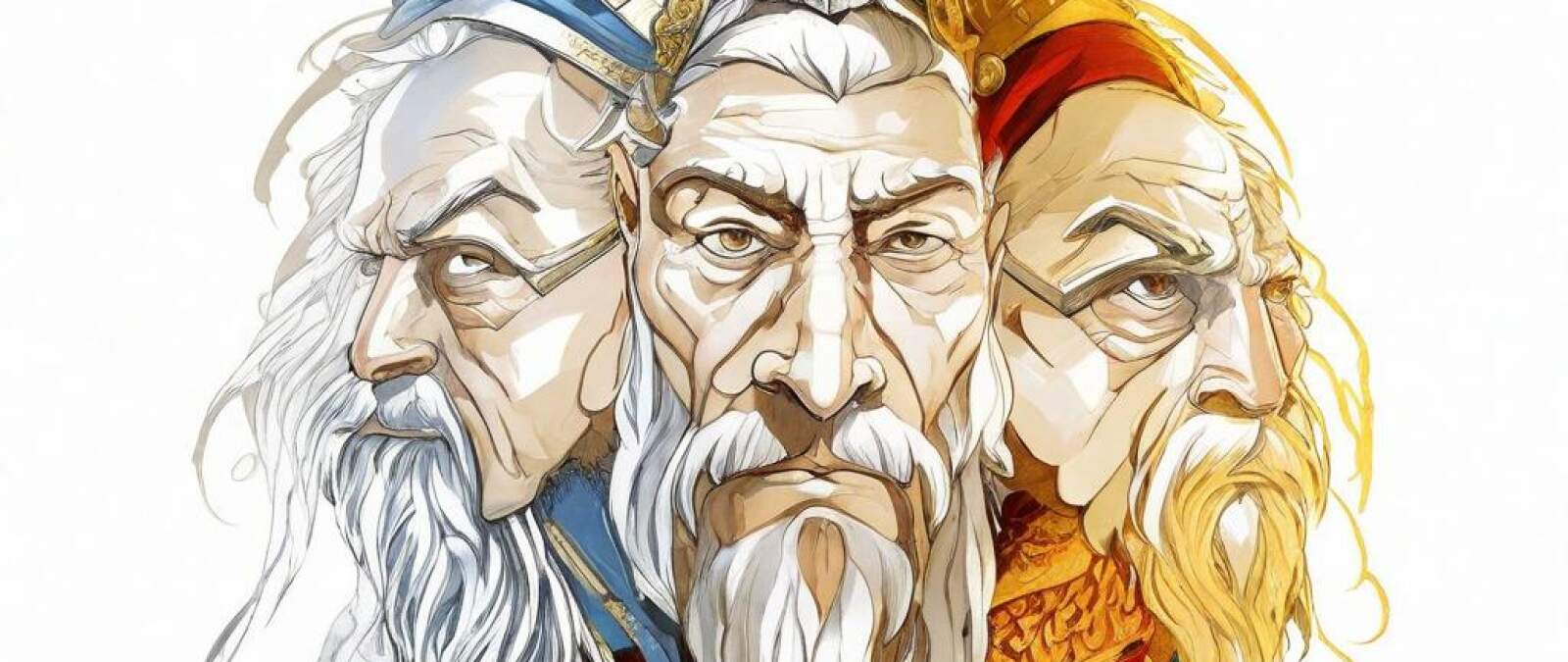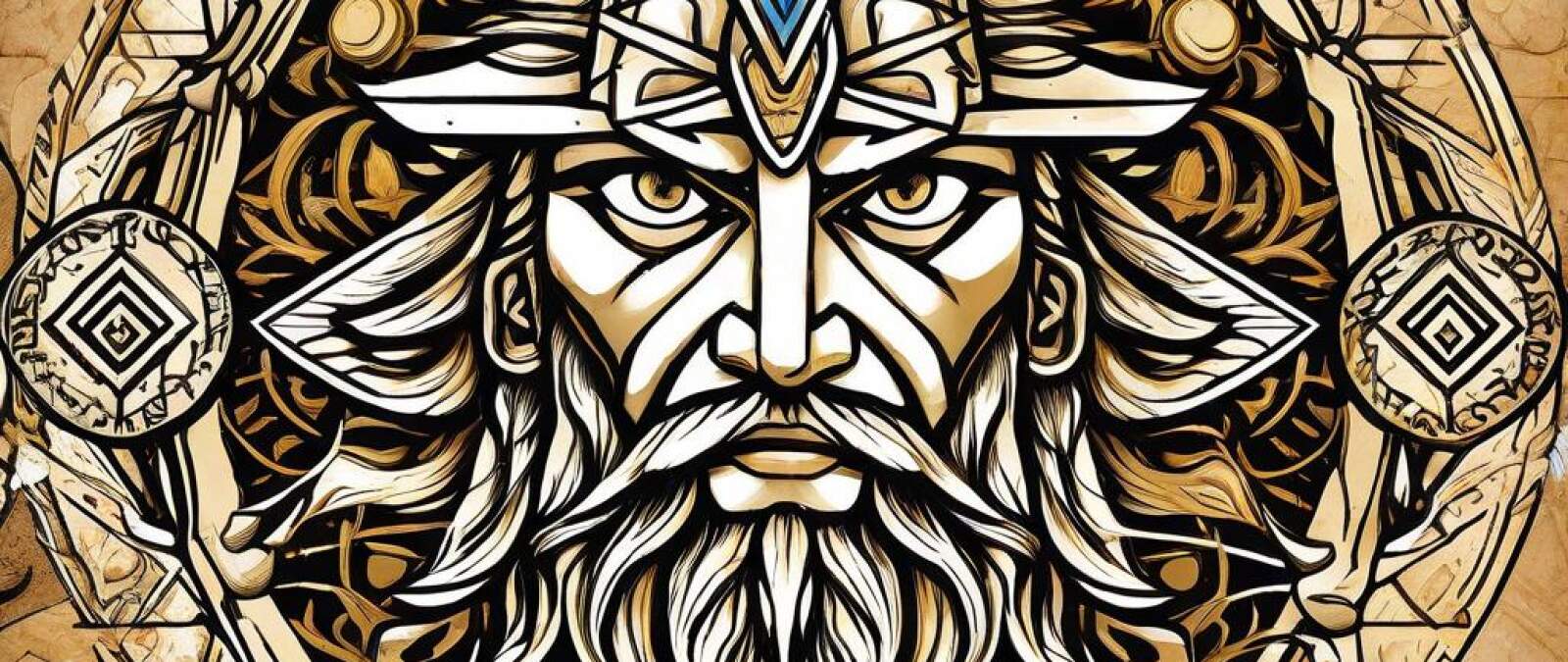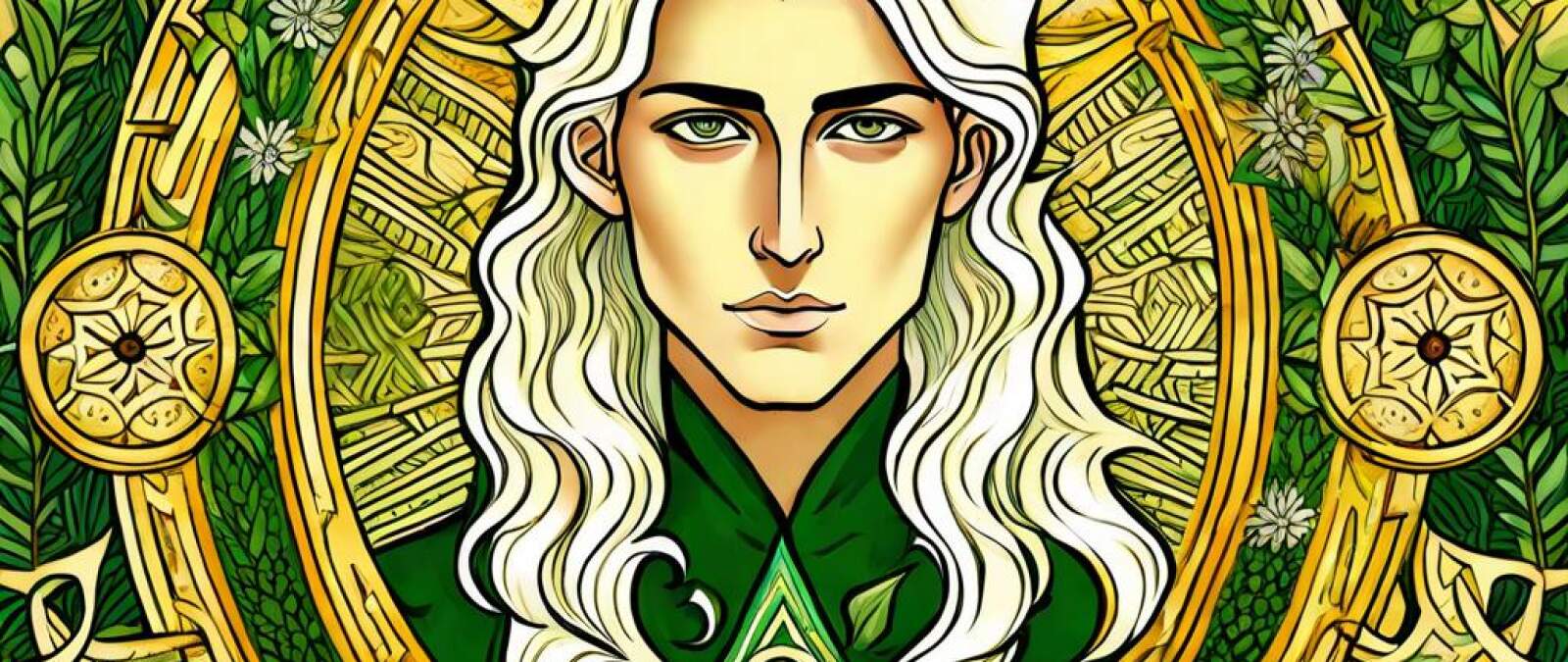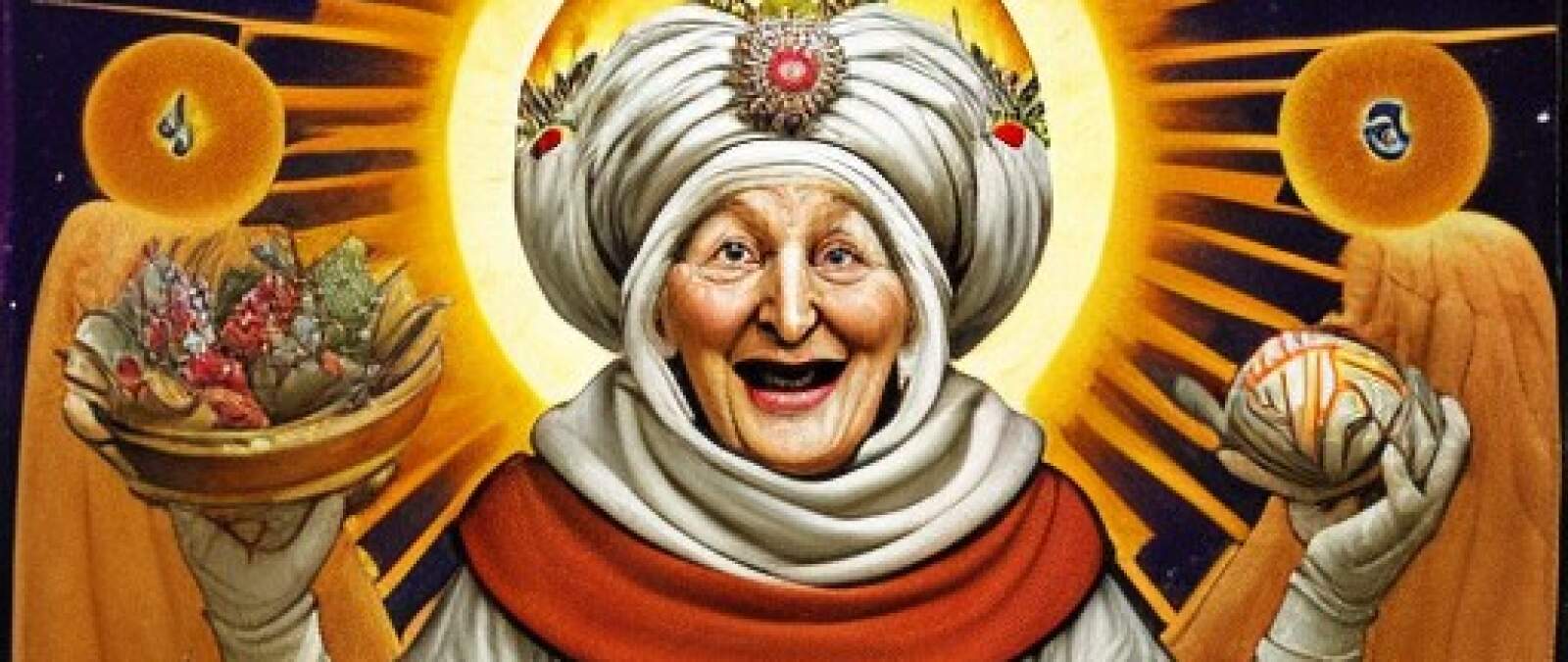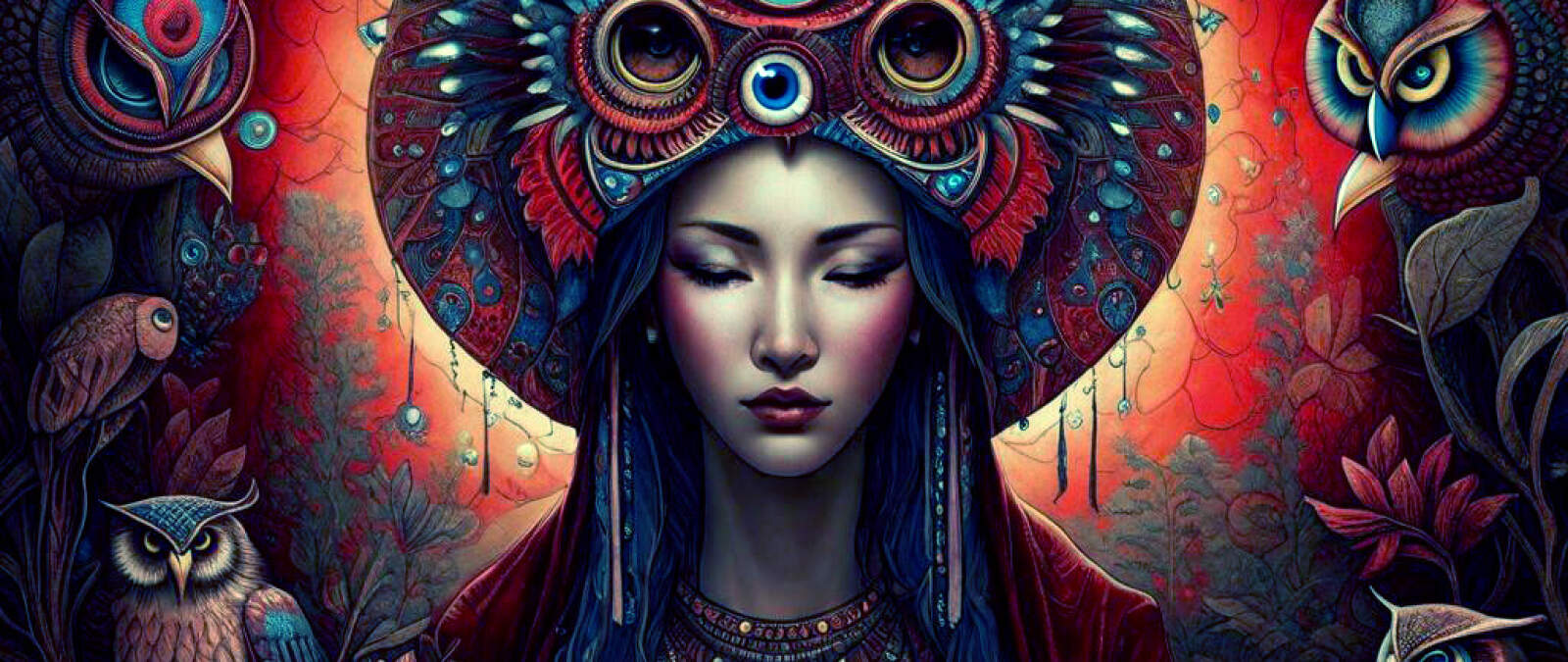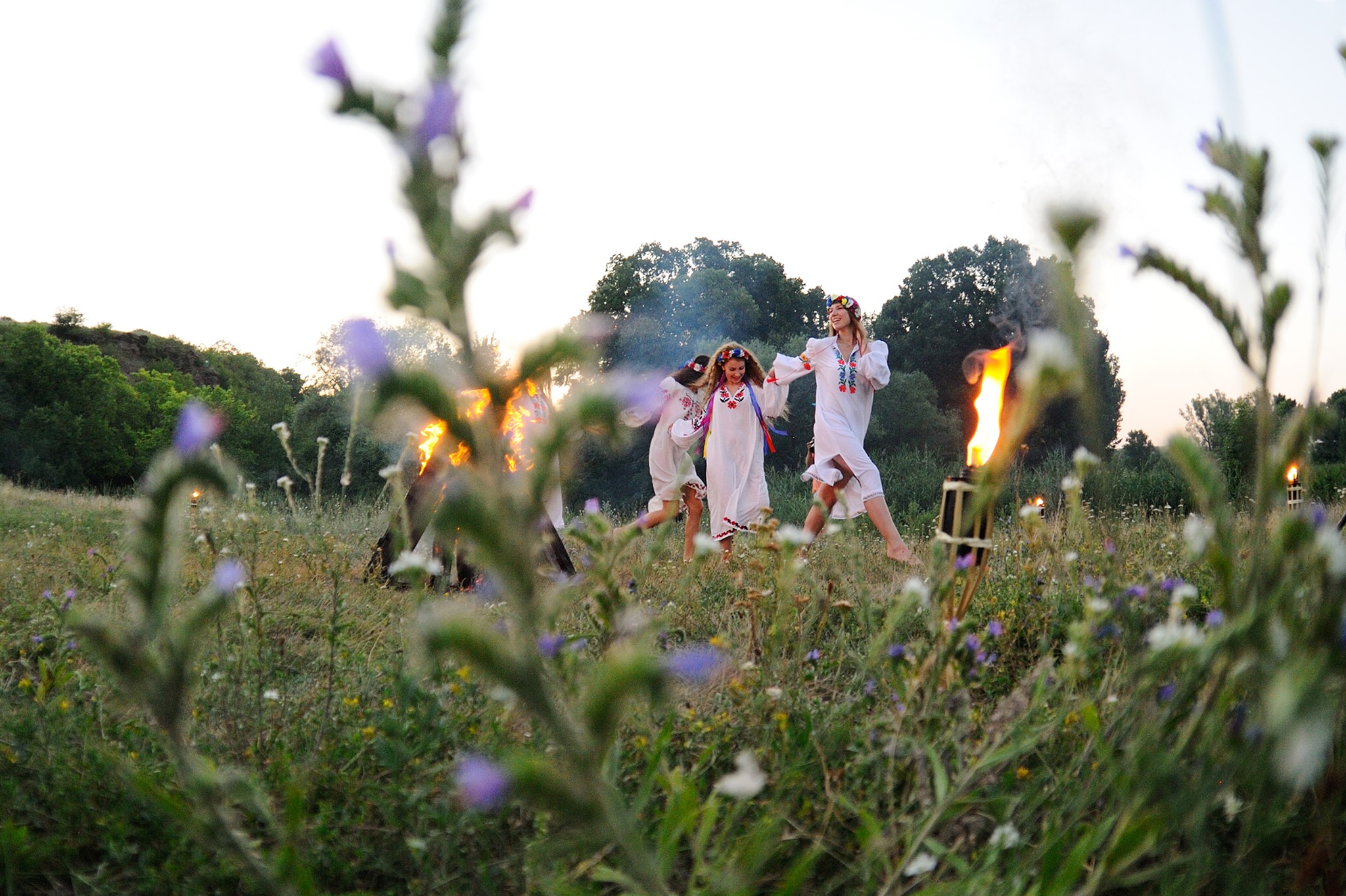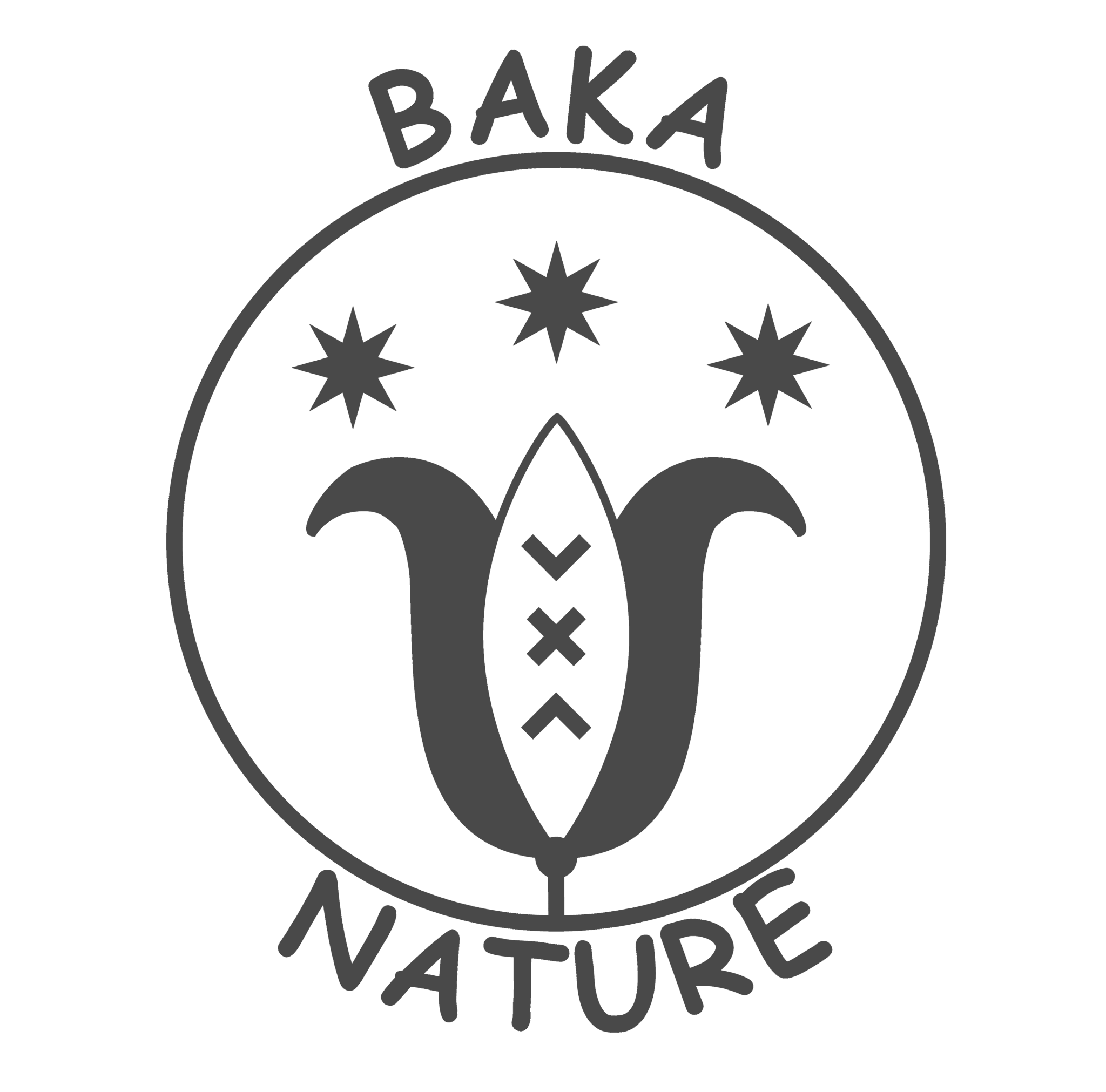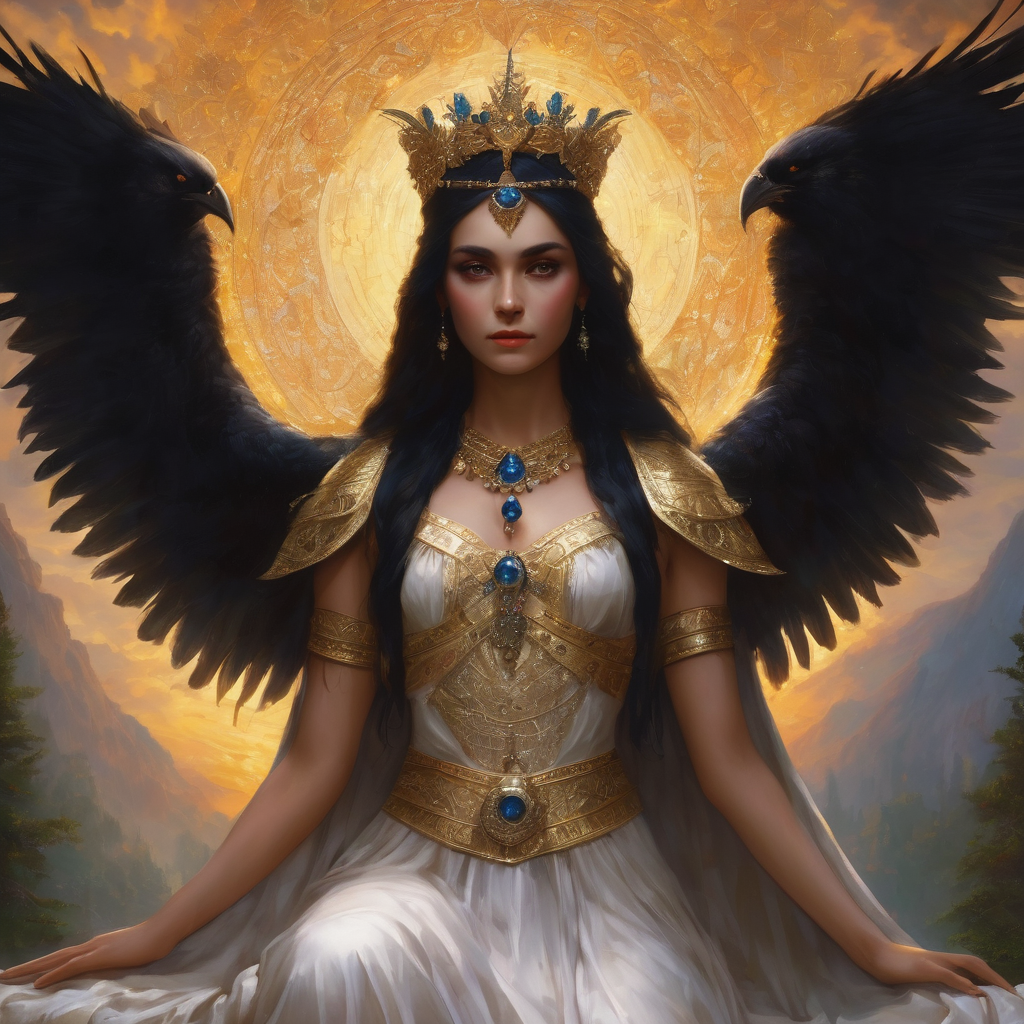
Function: the daughter of Mokoša, also called Morana or Mora, Marmurien even Death, is the goddess of winter and death, the mother of many demons, diseases and misfortunes, a dark sorceress, also considered the embodiment of war
Image: a beautiful young woman with bright blue eyes in a white dress studded with diamonds, wrapped in a black cloak often with a candle or lantern in her hand, in contrast to her pale face is her flowing, thick black hair, which Morena often wears in a braid fastened with a diamond crown. As the embodiment of war, he appears in black armor
Incarnations and descendants: son Death, daughter Neserča – Misfortune, but also many demons and beings embodying diseases
Symbols diamond, spruce, thuja, blen, crow, raven, bleached skull, candle or lamp. Saturday is dedicated to her, she rules the elements such as air and water
Sacrifices: bread, honey, milk, oil, skins, wine, wool, iron, especially in the form of weapons and money, a black hen or rooster. Among the sacrifices we can also consider the lighting of candles at funerals
Holidays in autumn during the period, today called "All Souls Day", i.e. the first of November - it points to the taking over of the government by Morena, but it is closely related to the cult of ancestors, this holiday is followed by a dark period called Stridžné dni. With the arrival of spring, Morena's power ends, and at the time of the new moon before the spring equinox, her transition from Right to Nav is celebrated
Note: Morena, originally a bright goddess, was Dažbog's second wife, but eventually she switched to the dark side and became Kaschej's wife. As a great sorceress, she created a well of dead water, the source of which is located in her chamber of the dark castle. During the winter, Morena moves to Prava where she sits on her icy tone in her old crystal palace, like the dreaded ice queen. In the spring, however, he ceremoniously leaves again for the land of Nav. People celebrate this departure by ceremonially burning it and throwing it into the waters of streams and rivers, which are supposed to symbolically transport it there
you will read more
GOODS OF OLD SLAVS
